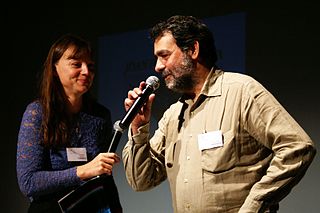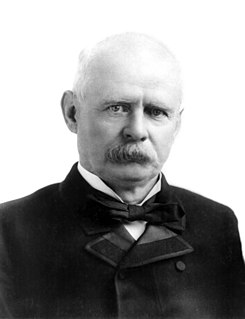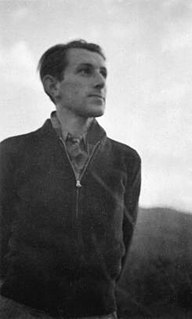A Quote by Joan Fontcuberta
Photography... has lived under the tyranny of its subject matter: the object has exercised an almost total domination.
Quote Topics
Related Quotes
Photography has almost no reality; it is almost a hundred per cent picture. And painting always has reality: you can touch the paint; it has presence; but it always yields a picture - no matter whether good or bad. That's all the theory. It's no good. I once took some small photographs and then smeared them with paint. That partly resolved the problem, and it's really good - better than anything I could ever say on the subject.
Photography has arrived at the point where it is capable of liberating painting from all literature, from the anecdote, and even from the subject. In any case, a certain aspect of the subject now belongs to the domain of photography. So shouldn't painters profit from their newly acquired liberty, and make use of it to do other things?
The subject matter that I am really spending my time on has become an acceptable subject matter. Living, lifestyle, family, is now in the forefront of interest in America, and I've just stuck with it. I mean, I've been doing this for years, and I never got angry. I never said, you know, listen, I'm fighting for this subject. That wasn't my point. My point was to continue working in a subject matter, knowing full well that finally it would be recognized as a viable subject once again.
And I was very successful at baby photography... Strange isn't it? Because some of my portraits of babies were - I used dramatic lighting, shadow lighting, and I didn't use flash. We didn't have flash in those days, we just had floodlights, and I was photographing babies as I would an object - an inanimate object, for that matter.
Probably it's insufficient to say that behind the governments, behind the apparatus of the State, there is the dominant class; one must locate the point of activity, the places and forms in which its domination is exercised. And because this domination is not simply the expression in political terms of economic exploitation, it is its instrument and, to a large extent, the condition which makes it possible; the suppression of the one is achieved through the exhaustive discernment of the other.
I went back to photography in the 1990s. But from the 60s to the 90s I didn't really take any photographs at all, unfortunately. During that period I lived in France, I lived in England, I lived all over the place in different cities. I didn't take any photographs and because I felt I had really accomplished everything that I wanted to in photography during the period between 61 and 67.






































